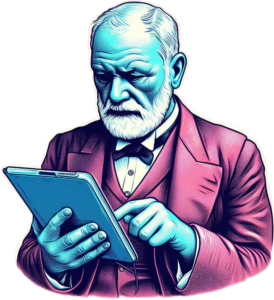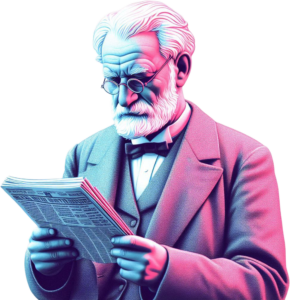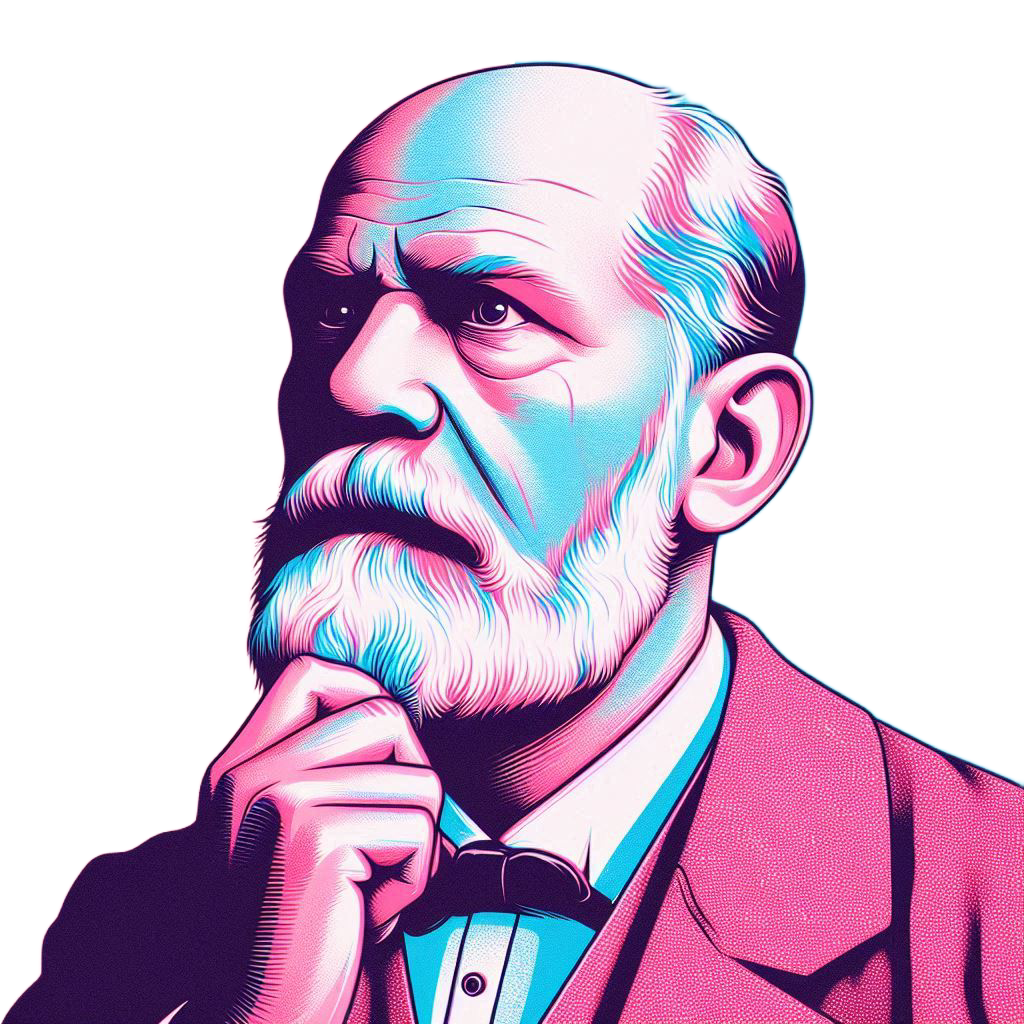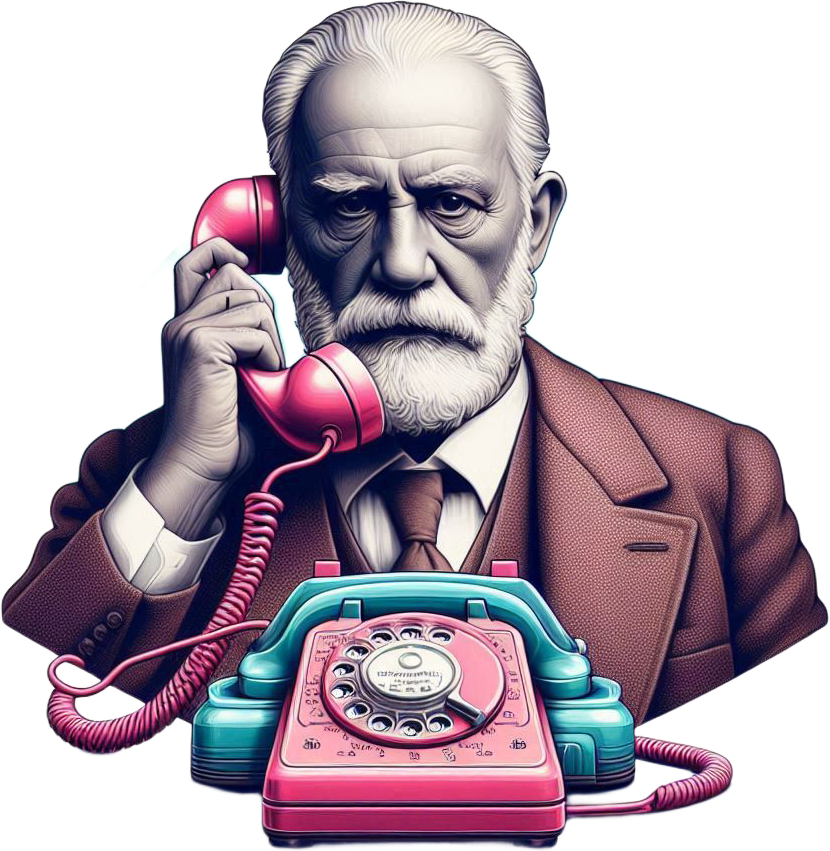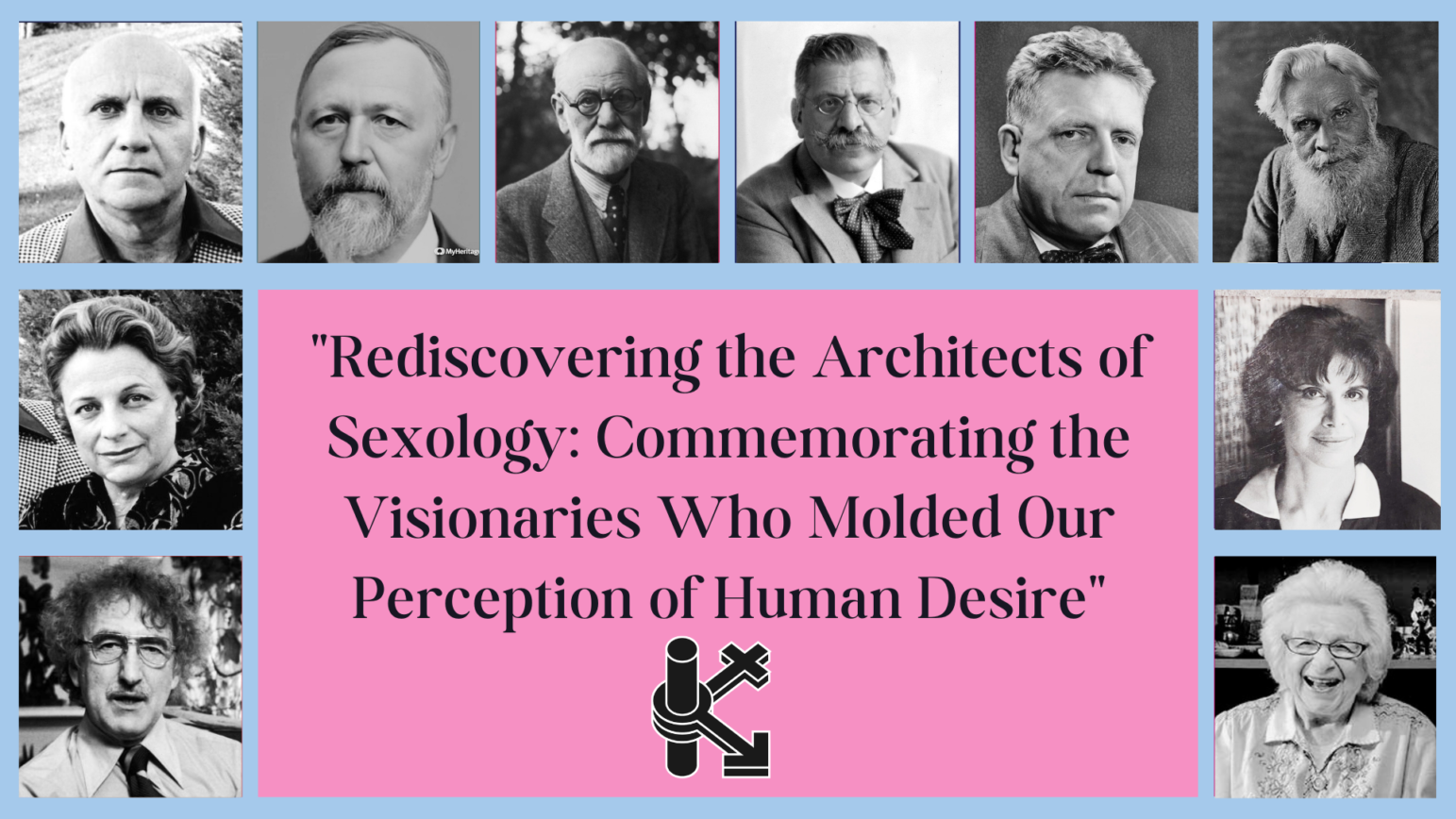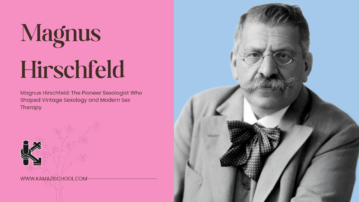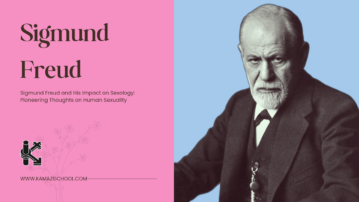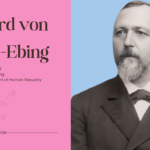
Richard von Krafft-Ebing: Unveiling the Legacy
May 23, 2024Introduction
Sexology, the scientific study of human sexuality, stands as a beacon of curiosity and courage, unraveling the mysteries of human desire and intimacy. In this journey through vintage sexology, we rediscover the architects of this field—visionaries who, not only dared to challenge societal norms but also explored uncharted territories and revolutionized our understanding of human sexuality. Moreover, they laid the foundations for the modern study of intimacy that continues to shape lives today.
At the heart of this exploration lies the opportunity to delve deeper into history. In fact, did you know that, right here on this site, you can access a collection of rare, vintage sexology texts entirely free? These works, which offer a unique glimpse into the roots of sexology, trace how this field evolved into the dynamic and empowering discipline it is today. Thus, through these texts, we can appreciate how past insights laid the groundwork for contemporary sexual health.
The Foundations of Vintage Sexology
Sigmund Freud: A Pioneer in Vintage Sexology
Freud’s name is synonymous with psychoanalysis, but his contributions to sexology are just as impactful. By introducing concepts like the libido and unconscious desires, Freud brought sexuality into the mainstream discourse of mental health. While his theories have sparked debates, they remain a cornerstone of vintage sexology, paving the way for deeper exploration into human sexuality. In addition, his work helped shift societal attitudes toward discussing previously taboo topics.
Dr. Richard von Krafft-Ebing: The First Classifier of Sexual Diversity
With his seminal work Psychopathia Sexualis, Dr. Richard von Krafft-Ebing was one of the first to document and analyze diverse sexual behaviors. His clinical observations, which provided a framework for understanding sexual variation, greatly influenced early sexologists. Consequently, he highlighted the importance of recognizing the vast spectrum of human sexuality, an insight that is still relevant in modern sexology.
Pioneers Who Shaped Modern Sex Therapy
Havelock Ellis: Bridging Science and Humanity in Sexology
Ellis’s Studies in the Psychology of Sex remains a landmark in vintage sexology. He argued for the naturalness of sexual diversity, advocating for the acceptance of homosexuality and celebrating female sexuality at a time when such topics were taboo. Indeed, Ellis’s empathetic approach continues to resonate in contemporary discussions on sexual well-being. Therefore, his work remains instrumental in fostering a more inclusive and accepting society.
Dr. Magnus Hirschfeld: An Advocate for Equality in Vintage Sexology
Often referred to as the “Einstein of Sex,” Dr. Magnus Hirschfeld founded the Institute for Sexual Science in Berlin. He was not only a sexologist but also an activist, championing LGBTQ+ rights and introducing the world to the idea that gender and sexuality are fluid. Furthermore, Hirschfeld’s tireless efforts make him a cornerstone of both vintage sexology and modern inclusivity. Thus, his legacy continues to inspire movements advocating for sexual and gender equality.
Transformative Insights of the 20th Century
Dr. Alfred Kinsey: A Revolutionary Figure in Sexology
In the mid-20th century, Dr. Alfred Kinsey’s work revolutionized how we understand human sexual behavior. His Kinsey Reports unveiled previously hidden truths about intimacy, challenging stereotypes and providing scientific backing to sexual education. As a result, his findings sparked important conversations about the diversity of human sexuality, influencing both social and medical perspectives.
Dr. William Masters and Dr. Virginia Johnson: The Scientists of Sexual Response
This dynamic duo changed the face of sexology with their research into human sexual responses. By decoding the physiological stages of arousal and introducing therapy techniques, they elevated sex therapy into a structured, scientific discipline. Moreover, Johnson and Masters were also instrumental in developing sex therapy as a scientific discipline, providing hope and solutions for couples struggling with intimacy. Thus, their work set the foundation for modern therapeutic practices.
Modernizing Vintage Sexology
Dr. Helen Singer Kaplan: Innovating Sex Therapy Practices
Dr. Kaplan merged medical insights with psychological understanding, offering a groundbreaking approach to treating sexual dysfunction. Her emphasis on the mind-body connection transformed sex therapy into a more comprehensive and compassionate practice. As a result, her work has influenced contemporary sex therapy approaches, making them more holistic and inclusive.
Dr. Ruth Westheimer: Making Sexology Accessible to All
Dr. Ruth’s warmth and wit made sexology approachable for everyday people. Her radio and television programs demystified intimate topics, helping countless individuals embrace their desires with confidence. Therefore, her legacy is a reminder that sex therapy is not just about science—it’s about connection and empowerment. Consequently, her contributions helped normalize the conversation about sexuality in mainstream media.
John Money: A Revolutionary Yet Controversial Figure
John Money, a trailblazing sexologist, introduced key concepts like “gender identity” and “gender role,” reshaping our understanding of sexuality and gender. His work with intersex individuals and theories on gender as a social construct were groundbreaking but controversial, particularly due to ethical concerns in the David Reimer case. Despite the debates surrounding his work, Money’s contributions remain pivotal in modern sexology and gender studies.
The Importance of Revisiting Vintage Sexology
By revisiting the foundational texts and ideas of vintage sexology, we gain valuable insights into how society has evolved in its understanding of intimacy, gender, and desire. These early works remind us of the courage it took to study what was once considered taboo. Thus, exploring these texts gives us a deeper appreciation of how far we have come in embracing sexual diversity and inclusivity.
Through this site, you have the chance to explore these rare resources. Immerse yourself in the writings that shaped a field—texts that inspired sex therapy as we know it today. Indeed, it’s a treasure trove for anyone seeking to understand the origins of our modern, inclusive approaches to sexuality.
Conclusion
Legacy of Courage and Curiosity in Sexology
As we honor these pioneers, we celebrate their courage, intellect, and dedication to unveiling the mysteries of human desire. From Freud’s psychoanalysis to Dr. Ruth’s public empowerment, their work serves as a foundation for today’s sexologists and therapists. In conclusion, their efforts continue to inspire future generations in understanding and embracing human sexuality in all its forms.






